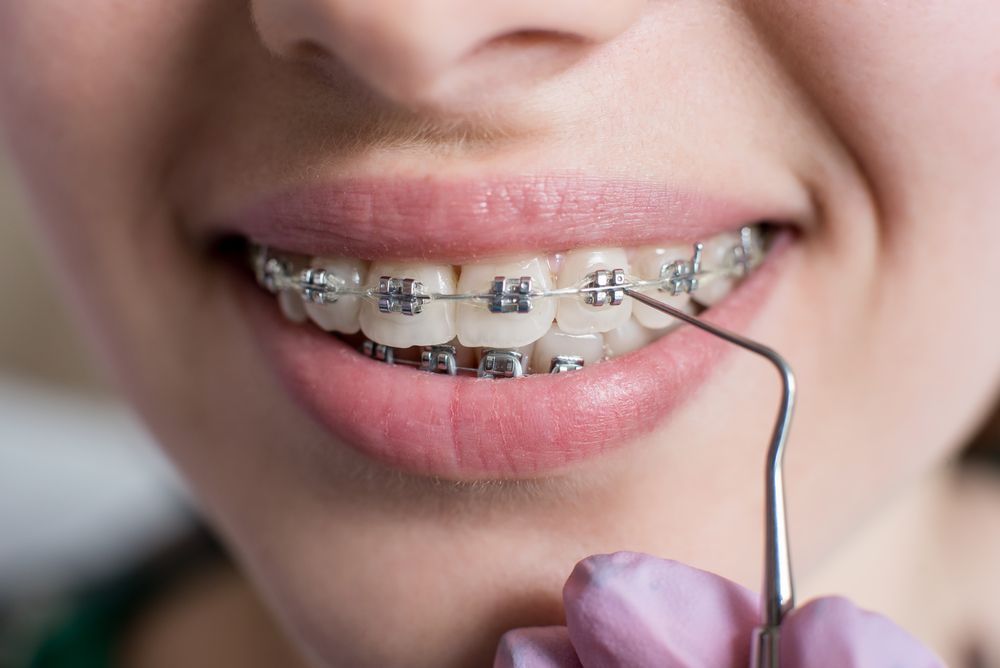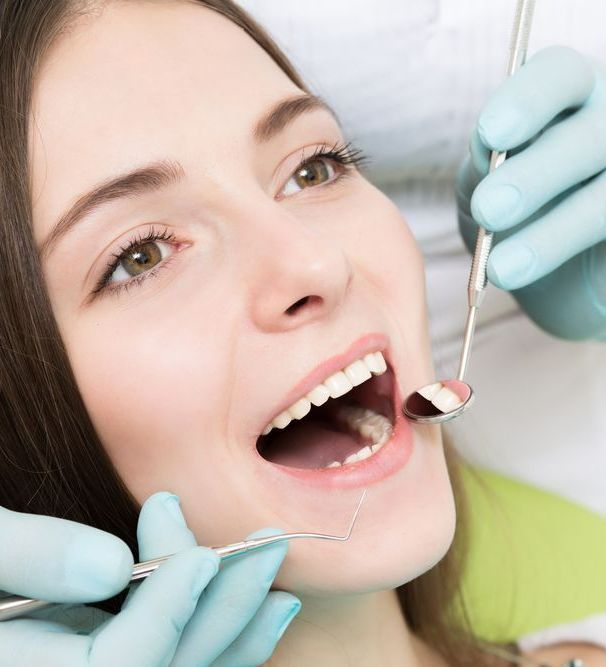TMJ Treatment in Newcastle
Graham Johnson Dental Surgery provides professional dental care offering a range of treatments to support long-term oral health.
Treatments for Jaw Comfort & Function
TMJ treatment helps manage discomfort, tension and difficulty moving the jaw caused by issues with the temporomandibular joint (TMJ). This joint connects the jawbone to the skull and plays a key role in speaking, chewing and everyday jaw movements. When problems arise, symptoms such as jaw pain, clicking sounds, headaches or difficulty opening and closing the mouth may occur. Seeking treatment can help manage symptoms and support long-term jaw function.
At Graham Johnson Dental Surgery, treatment options are tailored to individual needs, with solutions ranging from bite adjustments to custom mouthguards. A professional assessment helps determine the most suitable approach for relieving discomfort. With clinics in Newcastle, Beresfield and Jesmond, professional care is available for those experiencing jaw-related concerns.
We also provide dental check-ups, white fillings, cosmetic dentistry, root canal treatment, wisdom teeth removal, gum disease treatment and dentures. To learn more or book an appointment, call 0408 665 161.
Common Symptoms & Treatment Options
TMJ disorders can cause a range of symptoms, affecting daily activities such as chewing and speaking. Identifying symptoms early can help manage the condition effectively.
- Jaw pain or stiffness that makes opening or closing the mouth uncomfortable.
- Clicking or popping sounds when moving the jaw, which may indicate joint misalignment.
- Frequent headaches or ear pain, often linked to jaw tension or clenching.
- Locking of the jaw, where the joint temporarily gets stuck in an open or closed position.
- Teeth grinding or clenching (bruxism), which can contribute to TMJ discomfort over time.
Treatment options depend on the severity of symptoms and may include custom mouthguards to reduce pressure on the jaw, exercises to improve movement or bite adjustments to address alignment issues.
Frequently Asked Questions
What is TMJ disorder, and what causes it?
TMJ disorder affects the temporomandibular joint (TMJ), which connects the jawbone to the skull. It can cause pain, stiffness and difficulty moving the jaw. Common causes include jaw misalignment, teeth grinding (bruxism), arthritis, stress or injury to the jaw joint. Poor posture and excessive gum chewing can also contribute to TMJ discomfort. Identifying the underlying cause is important for choosing the most effective treatment.
Can TMJ disorder go away on its own?
Mild cases of TMJ disorder may improve with self-care and lifestyle adjustments, such as avoiding hard or chewy foods, applying heat or ice packs to the jaw, reducing stress and practising relaxation exercises to ease muscle tension. Maintaining good posture and being mindful of habits like teeth grinding or jaw clenching can also help minimise strain on the joint. However, if symptoms persist for more than a few weeks, worsen over time or interfere with daily activities like eating and speaking, a professional assessment may be necessary. A dentist can determine the cause of the issue and recommend suitable treatments, such as custom mouthguards, bite adjustments or physical therapy.
How can I prevent TMJ pain from getting worse?
Preventing TMJ pain involves adopting habits that reduce strain on the jaw joint. Some effective prevention methods include:
- Avoiding excessive chewing, including gum and tough foods.
- Using heat or ice packs to manage pain and inflammation.
- Maintaining good posture, as slouching can contribute to jaw tension.
- Practising relaxation techniques to reduce jaw clenching caused by stress.
- Wearing a night guard if grinding or clenching occurs during sleep.
- Regular dental check-ups can also help detect early signs of TMJ issues, allowing for timely intervention and treatment.








